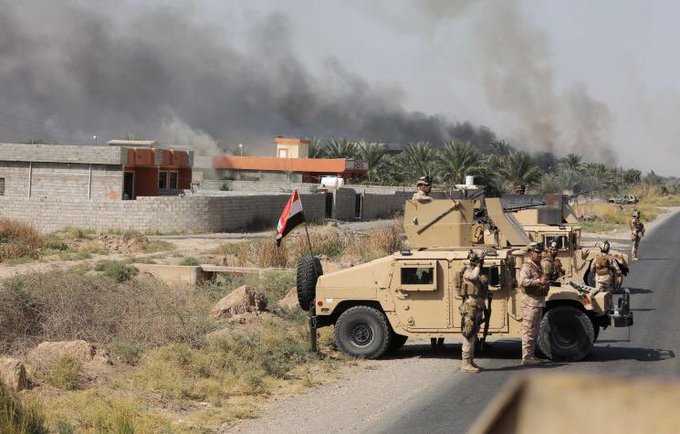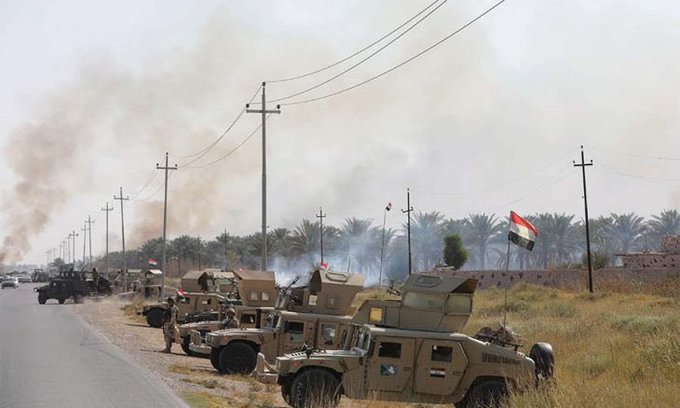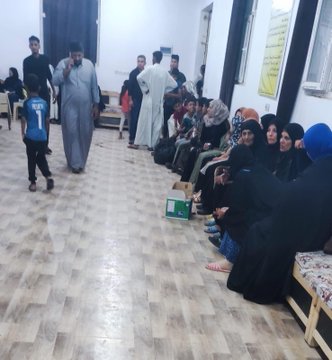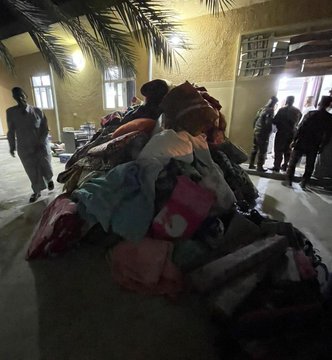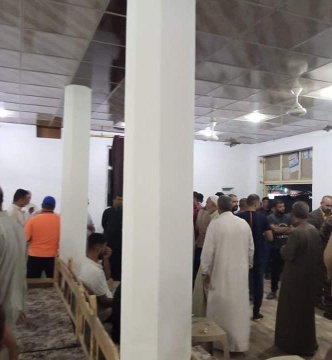A major solar flare erupted from the sun on Thursday (Oct. 28) in the strongest storm yet of our star's current weather cycle.
The sun fired off an X1-class solar flare, its most powerful kind of flare, that peaked at 11:35 a.m. EDT (1535 GMT), according to an alert from the U.S. Space Weather Prediction Center (SWPC), which tracks space weather events.
The flare caused a temporary, but strong, radio blackout across the sunlit side of Earth centered on South America, the group wrote in an statement. NASA officials called the solar eruption a "significant solar flare," adding that it was captured in real-time video by the space agency's Solar Dynamics Observatory.
Wow. Wonder what the next big one will be? Wonder also what else is out there? Turns out, maybe another planet. Zoe Christen Jones (CBS NEWS) reports:
NASA says a group of scientists may have discovered signs of a new planet beyond the Milky Way. The potential discovery could be the first-ever planet found in another galaxy.
The potential planet, which is unnamed and roughly the size of Saturn, was spotted in the spiral galaxy Messier 51, or what's known as the Whirlpool Galaxy, about 28 million lightyears away from the Earth, according to NASA.
Researchers made the discovery with a NASA telescope, called the Chandra X-ray Observatory, and by using a new technique to search for planets known as the X-ray transit method. Exoplanets, which NASA defines as planets outside of our solar system, are difficult for astronomers to detect.
If true, that would be so cool. But this next item, from AP, isn't cool at all:
U.S. health officials have changed their definition of lead poisoning in young children — a move expected to more than double the number of kids with worrisome levels of the toxic metal in their blood.
The more stringent standard announced Thursday by the Centers for Disease Control and Prevention means the number of children ages 1 to 5 considered to have high blood lead levels will grow from about 200,000 to about 500,000.
Some experts think the change was overdue. The CDC last changed the definition nine years ago and pledged to consider an update every four years. But work on a revision hit obstacles during the Trump administration, said Patrick Breysse, who heads the CDC's National Center for Environmental Health.
Children can be exposed to lead through bits of old paint, contaminated dust, and — in some cities — drinking water that passes through lead pipes. The metal accumulates in the body, and at very high levels it can damage organs and cause seizures.
There's no excuse for that. None at all. The government has failed us yet again.
"Iraq snapshot" (THE COMMON ILLS):
Ooh, still waiting
I'm just a fool
Ooh, I'm a fool
I'm just a fool to keep waiting
To keep waiting
“We will try to unify the vision of Nineveh candidates this time so that we go to the Iraqi parliament as a strong Nineveh parliamentary lobby” with a single vision, Muzahim al-Khayat said at an interview with Rudaw’s Bestoon Khalid on the sidelines of the Middle East Research Institute (MERI) forum in Erbil.
The coalition aspires and seeks to build an “institutional civil administration” in all its sectors in Nineveh, he added.
Iraqis headed to the polls in an early vote on October 10. The election was held in response to Tishreen (October) 2019 protests complaining of corruption and ineptitude among the ruling class and political system. Turnout was a record-low 41 percent, reflecting voter disillusionment and mistrust in the country’s political system.
Starting in Iraq, REUTERS reports, "Islamic State militants killed 11 people including a woman on Tuesday in an attack on a village in Diyala province, east of Iraq, the country's Joint Operations Command said in a statement." Is it ISIS? It may be. ISIS has never been vanquished. And the reasons ISIS took root in Iraq were never addressed. If the issues continue to go unaddressed, ISIS will actually grow stronger. AFP notes, "The attack on Al-Rashad in Diyala province left "11 dead and 13 wounded", a local security source said." In a Tweet, Barham Salih, president of Iraq, states this was a cowardly attack He calls for stronger borders and backing of the security forces.
Hundreds of villagers have fled their homes in Iraq’s eastern Diyala province amid rising fears of another violent sectarian conflict breaking out there following an Islamic State (ISIS) attack earlier this week.
On Tuesday night, ISIS attacked the al-Rashad village in Sharaban (Muqdadiya) town in Diyala, killing 15 civilians and wounding many others.
Al-Rashad’s population is primarily Shiite Muslim. Reports indicated that local villagers took up arms and attacked the nearby Sunni-majority village of Nahr al-Imam in retaliation the following day. They reportedly killed a dozen people and set fire to houses.
The attacks come despite the fact that Iraq has been actively arresting IS leaders over the last few months. The deputy leader of IS, the group's finance chief and many other prominent commanders are among those killed or arrested by the government.
After the Diyala attack, tribal men from the victims' families attacked the nearby Sunni village of Nahr Al-Imam, accusing them of betrayal and siding with IS.
According to security officials who spoke to Al-Monitor on condition of anonymity, approximately 3,000 fighters from the Bani Tamim tribe (from which the victims hail), supported by Popular Mobilization Units (PMU), surrounded the village of Nahr Al-Imam from all sides. They also destroyed and burned villagers' gardens and houses with bulldozers.
Many villagers escaped from the area and called on the government to protect them. Some were able to seek refuge in the mosques of Baquba, the capital city of Diyala, leaving all their belongings behind. This could lead the Sunni tribes to retaliate against Bani Tamim members and eventually to a tribal conflict within the Diyala province.
A homeless Iraq War veteran's service dog was allegedly tased by police while her owner was being arrested for panhandling, leading to a series of events that ended in the dog's death.
Gastonia, North Carolina police officers encountered veteran Joshua Rohrer and his dog Sunshine, who was trained to help him cope with post-traumatic stress disorder caused by his time in the Army National Guard, after responding to a call about alleged panhandling.
Witnesses told WCNC in Charlotte that police officers got violent with Rohrer shortly after arriving at a median on October 13 where the veteran and his dog were seated.
“The cop demanded his identification,” stated witness Justyn Huffman. “He couldn’t move fast enough, so he reached into his pocket for his ID. He was slammed against the automobile. He was placed in handcuffs.” Sunshine, according to Huffman and two other witnesses, jumped into action and bit one of the officer’s boots. Sunshine was allegedly hit with a stun gun by an officer, leading her to flee with one of the prongs still attached to her body.
“‘Don’t shoot the dog!’ we’re yelling from the rooftops. ‘Don’t shoot the dog,’ says the narrator “Huffman stated. “‘My dog! My dog!’ exclaimed [Rohrer]. They dragged him behind the police car and slammed him down on the pavement.” The 911 call that led to the confrontation was made public by police. A lady can be heard on the conversation asking if it’s “legal for an adult to be standing on the junction with a dog asking for money,” claiming that the scenario is “bullcrap,” and accusing Rohrer of “using the dog to gain money.” Rohrer, who fought in Iraq and Kuwait from 2004 to 2005, told Military Times that he was not panhandling but had accepted money without asking for it. He claimed that the police confronted him and arrested him “aggressively.”

